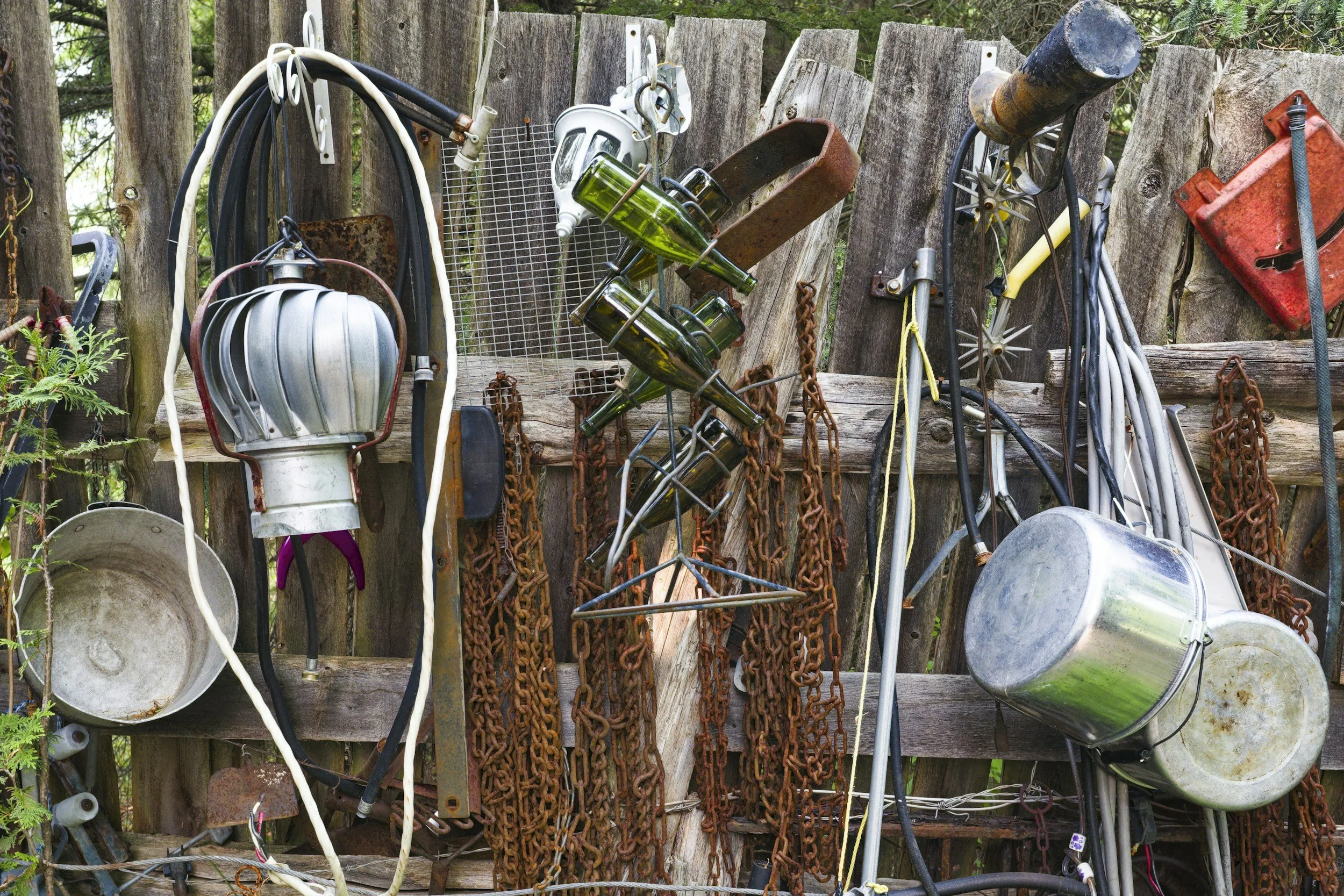Quiet Rewards
PRODUCE NO WASTE
June in Washington carries the scent of growth—wet earth, young leaves, the sweetness of composting clover and flowering herbs. The land hums with pollinators and birdsong, and gardeners everywhere feel pulled to tend, to trim, to gather, to give back. Amid this peak season of abundance, it is the perfect moment to turn our attention to what is often discarded and overlooked: our waste.
The sixth permaculture principle, Produce No Waste, offers a transformative lens through which to view the world—not just our gardens, but our habits, our homes, and our impact. When applied with reverence, it is an invitation to slow down, observe more closely, and participate more fully in nature’s cycles.
Waste as Resource, Not Refuse
Nature is the ultimate recycler. Every fallen leaf, every withered stalk becomes part of the soil that feeds the next generation of life. There is no landfill in the forest, no “away” where things are thrown. When we emulate this cyclical wisdom in our own spaces, the result is grand: a garden that nourishes itself, and a gardener who becomes more attuned to the quiet rhythms of regeneration.
At Eco-Restore, we help clients see their gardens through this lens of renewal. Whether you're managing a small backyard plot or stewarding a larger landscape, your space holds potential to become not just productive, but restorative.
Composting: Alchemy in Your Backyard
Composting is the cornerstone of a no-waste garden. It’s also a deeply satisfying act—a way to witness decomposition not as decay, but as transformation. Scraps of last night’s dinner, wilted bouquet stems, coffee grounds—all can be woven back into the living soil.
For those new to composting, we often recommend starting simple: a pile, a bin, a tucked-away corner of the yard. For those ready to go deeper, Bokashi fermentation offers a way to compost even meat and dairy, right in your kitchen pantry. Our friends at Seed and Trellis offer high-quality Bokashi kits, and you can use the code ECORESTORE for 10% off—a small encouragement toward closing the loop.
Vermiculture: Earthworms as Garden Partners
If composting is alchemy, then worms are the secret agents of fertility. A small worm bin—indoors or out—can provide castings rich in nutrients and microbial life. We often recommend worm composting to families with children; it’s an accessible, hands-on way to teach the beauty of natural cycles and responsibility for the land.
Worm castings and compost teas nourish your plants without synthetic inputs, building resilient soil from the bottom up. The result is not just healthier harvests, but stronger ecological relationships in your garden.
Step-by-Step: Dismantling Waste Streams
Reducing waste is a journey, and it starts with awareness. This June, set aside a quiet moment to observe what leaves your home. How much of it could be avoided, reused, composted, or shared?
Swap single-use plastics for washable cloths or beeswax wraps
Mend or repurpose worn garden tools and clothing
Donate extra pots, trays, or tools to neighbors or community gardens
Rethink your purchases—ask: Will this bring value to my garden over time?
At Eco-Restore, we walk clients through this process as part of our Garden Coaching. Together, we identify simple, site-specific actions that reduce waste and enhance soil health—often saving time and money in the process.
The Quiet Rewards of a Waste-Free Garden
There’s a quiet joy in knowing your garden thrives on what was once discarded. Over time, you’ll notice changes—healthier plants, fewer weeds, more butterflies, richer harvests. But perhaps the most meaningful shift is within.
You begin to see waste not as a problem, but as potential. You begin to cultivate not just food, but a practice of care. You realize that what you tend, tends you back.
We move from consumer to participant. From extractor to steward.
This June, let’s compost more, discard less, and live in greater harmony with the land that sustains us. If you’re ready to take the next step in your garden’s evolution, Eco-Restore is here to help—from soil-building strategies to personalized guidance on closing your garden's loops.
Because in the garden, as in life, nothing is ever truly wasted.




